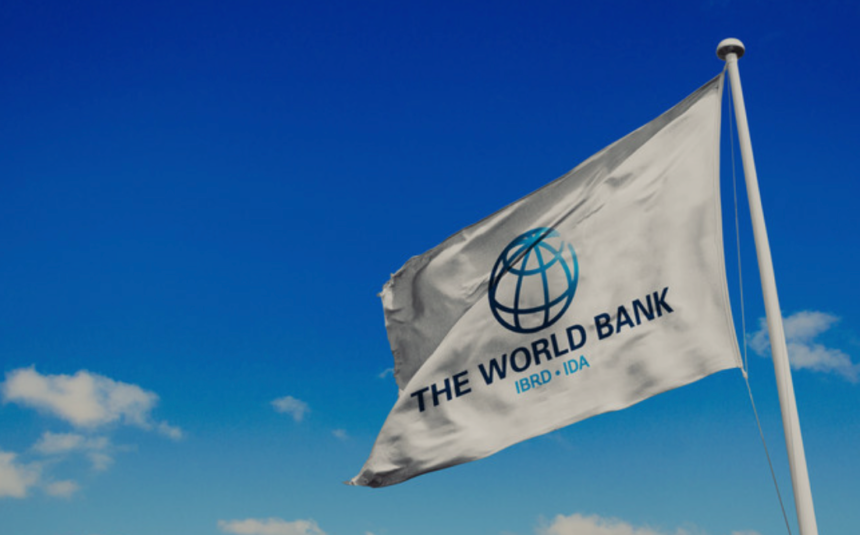The World Bank has retained its earlier projection of a 3.6% economic growth rate for Nigeria in 2025, despite a downward revision of global growth estimates due to heightened trade tensions and global economic uncertainty.
In its latest Global Economic Prospects report, the Bank reduced growth forecasts for nearly 70% of economies, including major ones like the United States, China, and the European Union. Yet, Nigeria’s outlook remained unchanged, underpinned by ongoing domestic reforms and a gradually stabilising economy.
The Bank noted that Nigeria’s economic growth is expected to strengthen in 2025 and continue at an average of 3.8% through 2027. This optimism is tied to key policy adjustments, including tighter monetary policy in 2024 aimed at tackling inflation and stabilising the naira. These measures, coupled with improvements in governance and structural reforms, have helped boost investment—particularly in the services sector, such as financial services and ICT.
According to the report, services will remain the primary engine of Nigeria’s growth, while the industrial sector may lag due to inconsistent crude oil production. Although a modest recovery in oil output occurred in 2024, that momentum is projected to wane.
- Advertisement -
On a broader scale, the World Bank highlighted that sub-Saharan Africa (SSA), including Nigeria, could remain relatively insulated from direct impacts of global trade tensions due to limited exposure to major manufacturing export markets. However, any deeper global economic slowdown—particularly in China—could affect commodity prices, posing risks for commodity-dependent economies across the region.
The Bank also warned of structural challenges in SSA, such as high levels of violence, rising debt servicing costs, and declining international aid, all of which restrict fiscal space and development spending. Per capita income growth remains modest at an estimated 1.6% annually, insufficient to significantly reduce extreme poverty.
Moreover, SSA’s rapidly growing working-age population presents both an opportunity and a risk. Without substantial job creation and structural reforms, the region may struggle to harness the potential of its demographic shift. The World Bank stressed that robust, inclusive policies are essential to ensure long-term stability and prosperity.









